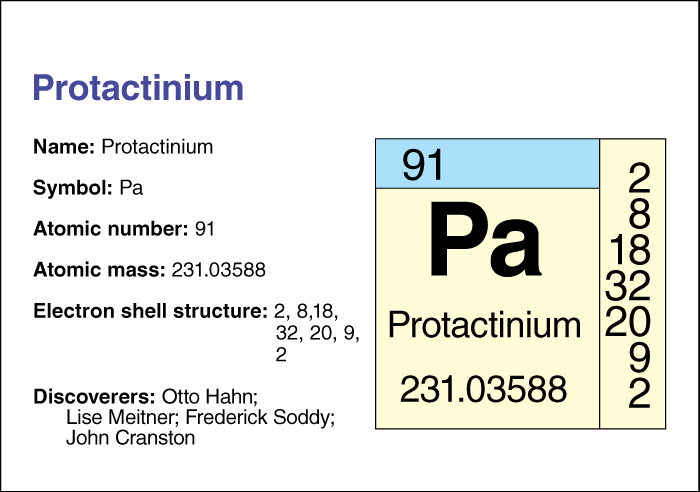Meitner, Lise, << MYT nuhr, LEE zuh >> (1878-1968), was an Austrian-born physicist who played an essential role in the discovery of nuclear fission (the splitting of the nucleus of an atom). From 1934 to 1938, Meitner and German chemists Otto Hahn and Fritz Strassmann worked on the reactions that occur when neutrons bombard uranium nuclei. In December 1938, Hahn and Strassmann discovered that such bombardment produces nuclei of barium, a chemical element much lighter than uranium. In January 1939, Meitner and her nephew Otto Frisch gave the first explanation of that discovery. Meitner and Frisch described how neutron bombardment causes uranium nuclei to split into nuclei of barium and other elements, and they calculated the enormous energy released. Meitner and Frisch suggested that the process of splitting be called nuclear fission. The work of Meitner, Hahn, Strassmann, and Frisch later enabled physicists to develop the atomic bomb and other uses of nuclear energy.
Meitner was born in Vienna on Nov. 7, 1878. She earned a doctorate in physics from the University of Vienna in 1906. In 1907, she began working with Hahn in Berlin. She and Hahn were among the first to isolate the element protactinium in 1917. A pioneer for women in physics, she became the first head of the physics department at the Kaiser Wilhelm Institute for Chemistry (now the Max Planck Institute of Chemistry) in 1917.

In 1938, Meitner fled Nazi Germany because she was of Jewish descent. She then worked at the Nobel Institute for Physics in Stockholm, Sweden. For moral reasons, she declined an invitation to Los Alamos, New Mexico, to help build the first atomic bomb. In 1966, she shared the Enrico Fermi Award with Hahn and Strassmann, becoming the first woman to win that prize.
Meitner died on Oct. 27, 1968. The element meitnerium is named in her honor.
See also Nuclear energy (Artificial fission).
